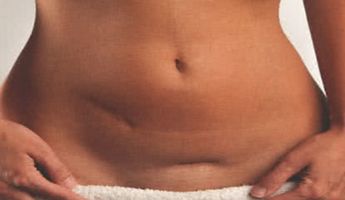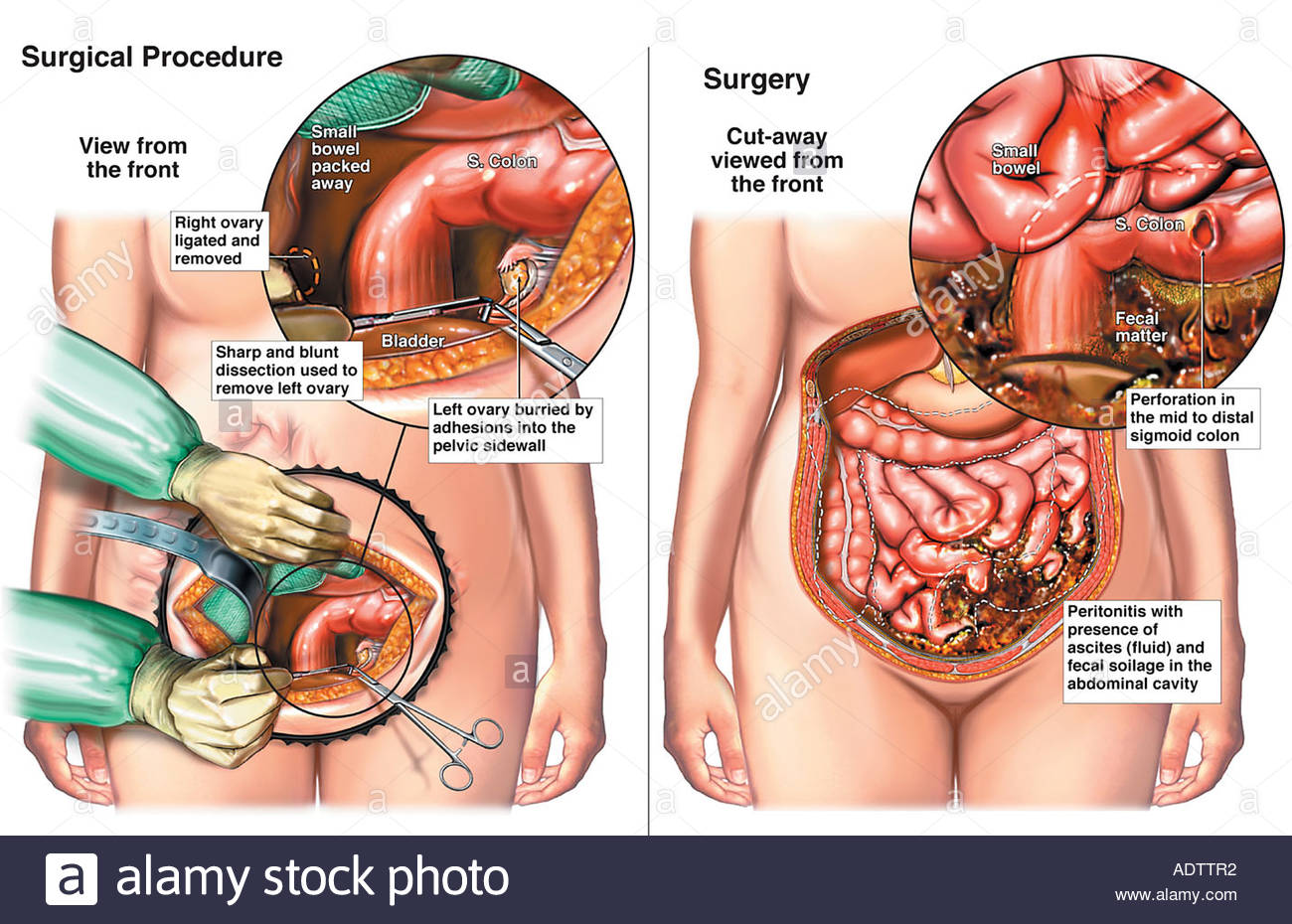Oophorectomy in Russian Federation
Search and Compare the Best Clinics and Doctors at the Lowest Prices for Oophorectomy in Russian Federation

Find the best clinics for Oophorectomy in Russian Federation
With Medijump you can browse 3 facilities offering Oophorectomy procedures in Russian Federation. The cheapest price available is $3,751 in Moscow. And for the cheapest price globally, prices start from $714 in Ukraine.
Oophorectomy in Moscow
Price: $ 3,751
Ukraine offers the best prices Worldwide
Price: $ 714
From 15 verified reviews
Ксения Фомичева, 19 September 2020
Здесь собраны все эксперты по женской красоте! Уникальный набор процедур поможет не только держать тело в тонусе, но и продлить или вернуть молодость. Прекрасный сервис и специалисты!
Premier Medica, located in Spiridonyevskiy Pereulok, Moscow, Russian Federation offers patients Oophorectomy procedures among its total of 135 available procedures, across 12 different specialties. Currently, there's no pricing information for Oophorectomy procedures at Premier Medica, as all prices are available on request only, whilst the national average price is approximately ฿135,000. There are many specialists available at the Clinic, with 5 in total, and they are not accredited by any recognized accreditations institutes
JSC Medicina Clinic, located in Spiridonyevskiy Pereulok, Moscow, Russian Federation offers patients Oophorectomy procedures among its total of 288 available procedures, across 17 different specialties. Currently, there's no pricing information for Oophorectomy procedures at JSC Medicina Clinic, as all prices are available on request only, whilst the national average price is approximately ฿135,000. There are many specialists available at the Clinic, with 10 in total, and they are accredited by JCI Accredited
- Home
- Russian Federation
WHY US?
At Medijump, we're making medical easy. You can search, compare, discuss, and book your medical all in one place. We open the door to the best medical providers worldwide, saving you time and energy along the way, and it's all for FREE, no hidden fees, and no price markups guaranteed. So what are you waiting for?

Free

Best Price

Widest Selection

Risk-Free
What you need to know about Oophorectomy in Russian Federation

Oophorectomy also referred to as ovariectomy, is a surgical procedure to remove one or both of a woman’s ovaries – the almond-shaped organs located on each side of the uterus that produces ovum (egg cells). It is often performed to prevent or treat certain medical conditions, such as ovarian torsion, endometriosis, non-cancerous ovarian tumor, and ovarian cancer.
What does a Oophorectomy Procedure Involve?
A general anesthetic is used during oophorectomy and the procedure can be performed in two different ways: laparotomy or laparoscopy. With laparotomy, your surgeon will make a single large incision in your lower abdomen to gain access to your ovaries. Then, your surgeon removes the ovary by separating each ovary from the blood supply and tissue that surrounds it. With a laparoscopy, your surgeon makes three small incisions in your abdomen to insert a small surgical tool and laparoscope (a small, flexible tube with a tiny camera and a light on its end). The surgeon separates each ovary from the blood supply and the surrounding tissue and places it into a pouch. The pouch is then pulled out of your abdomen through the small incision.
How Long Should I Stay in Russian Federation for a Oophorectomy Procedure?
If you have a laparoscopy, you only have to stay in the hospital for a day. If you have laparotomy, expect to stay in the hospital for 2 or more days. However, you will need to stay in Russian Federation a bit longer, at least around 7 to 14 days for the initial recovery, follow-up checkups, and for the removal of the stitches.
What's the Recovery Time for Oophorectomy Procedures in Russian Federation?
You may be able to return to your normal routine and go back to work within 2 to 3 weeks after oophorectomy with laparoscopy. If you undergo laparotomy, you may need six weeks until you can resume your full normal activities.
What sort of Aftercare is Required for Oophorectomy Procedures in Russian Federation?
You will need to refrain from sexual intercourse for a few weeks and also avoid heavy lifting and exercise during the recovery period, but make sure to get up and about as soon as you can. You may need to make dietary changes and avoid using tampons.
What's the Success Rate of Oophorectomy Procedures in Russian Federation?
Oophorectomy has a high success rate of 97.5%. However, there are some side effects, complications, and risks you need to be aware of before the procedure, such as hot flashes and vaginal dryness (menopause symptoms), memory problems, decreased sex drive, heart disease, depression, anxiety, and osteoporosis.
Are there Alternatives to Oophorectomy Procedures in Russian Federation?
The alternative to oophorectomy depends on what medical condition you need the procedure for. If you have endometriosis, your alternative is hormone therapy. Hysterectomy can also be an alternative to this procedure.
What Should You Expect Before and After the Procedure
Before an oophorectomy, you may be at risk of ovarian and risk cancer. After the surgery, your risk will be greatly reduced. If the procedure is performed to treat a specific condition, you will no longer experience the symptoms of the condition.
Whilst the information presented here has been accurately sourced and verified by a medical professional for its accuracy, it is still advised to consult with your doctor before pursuing a medical treatment at one of the listed medical providers
No Time?
Tell us what you're looking for and we'll reachout to the top clinics all at once
Enquire Now

Popular Procedures in Russian Federation
Prices Start From $500

Prices Start From $260

Prices Start From $714

Prices Start From $714

Recommended Medical Centers in Russian Federation for Oophorectomy

- Interpreter services
- Translation service
- Religious facilities
- Medical records transfer
- Medical travel insurance
- Health insurance coordination
- TV in the room
- Safe in the room
- Phone in the room
- Private rooms for patients available

- Interpreter services
- Translation service
- Religious facilities
- Medical records transfer
- Medical travel insurance
- Health insurance coordination
- TV in the room
- Safe in the room
- Phone in the room
- Private rooms for patients available

- Interpreter services
- Translation service
- Religious facilities
- Medical records transfer
- Medical travel insurance
- Health insurance coordination
- TV in the room
- Safe in the room
- Phone in the room
- Private rooms for patients available
Oophorectomy in and around Russian Federation
The Russian Federation, or Russia, is a transcontinental country that stretches over a vast expanse of Eastern Europe and northern Asia. Once a mighty tsarist empire and a communist superpower, this massive country is enigmatic, intimidating, and fascinating all at the same time. It has everything, from the idyllic countryside and historic cities to scenic beauty and artistic riches. Today, Russia is a famous medical tourism destination. The number of medical tourists seeking high-quality healthcare continues to double each year. These medical tourists mainly come from Asian countries, such as China, South Korea, India, Japan, and Vietnam. They come to receive a wide range of medical care, with IVF treatment, dental services, cosmetic surgery, and cardiovascular surgery being the most sought-after.
Popular Parts of the Russian Federation
Most visitors are drawn to the western part of the country, particularly to Moscow and St. Petersburg. Moscow, the capital of Russia, is popular for its show-stopping architecture, rich history, amazing culture, and great food. Some of the most famous landmarks are the St. Basil’s Cathedral, the Red Square and the Lenin Mausoleum, the Moscow Kremlin, The Tretiakov Gallery, and the Wooden Palace of Tsar Alexei Mikhailovich. St. Petersburg, Russia’s second city and imperial capital, is one of the most gracious cities in Europe. People come to this city to visit the State Hermitage Museum, the Grand Palace, and Catherine Park.
Weather and Climate in the Russian Federation
There are four seasons in Russia. December to February are the winter months, which is cold and snowy, with short days and long nights. The average temperature during this season is around -10°C to 3°C. Spring comes in March, bringing warmer, but rainy weather. Summer, from June to August, is hot and humid, with an average temperature of around 12°C to 26°C. The weather can be quite unpredictable in the summer, and downpours can come unexpectedly. Autumn is from September to October and is warm and pleasant.
Getting around in the Russian Federation
The largest airport in Russia that receive the most international flights is Sheremetyevo Alexander S. Pushkin International Airport in Moscow. It serves both domestic and international flights to many cities around the globe. Since Russia is the world’s largest territory, internal flights are the fastest and most convenient way to get around. Trains have an extensive network, and, with many comfortable overnight services, is considered as the best way to get around. Buses are a great option to travel to the areas not covered by the train. Some really remote destinations may only be reached by private cars or taxis. Taxis are relatively inexpensive and widely available.
Tourist Visas in the Russian Federation
Nationals of 62 nations, including Brazil, South Africa, South Korea, North Macedonia, and Hong Kong, can visit and stay in Russia without a visa for a period of 14 to 90 days. Citizens of other countries not listed in the visa exemption agreement need a visa to enter. Electronic visas are available for citizens of several countries, including all EU countries, China, and India.
Additional Information
- Local Currency: Russian uses the Russian ruble (RUB) as its official currency. 1 USD is equivalent to 77.16 RUB.
- Money & Payments: The easiest way to get rubles is by using ATMs, which is available throughout the country. Major credit and debit cards, including MasterCard and Visa, are accepted in larger hotels and restaurants, but cash is more reliable. Some places may offer to accept euros and dollars, but this is illegal. Tipping is expected, around 10% to 15% of the bill. Always tip in cash and give it directly to the waiter.
- Local Language: There are over 100 minority languages spoken in Russia, but the official and most widely spoken language is Russian. English is spoken to some degree, especially in major cities.
- Local Culture and Religion: Most of Russia’s population adheres to Christianity, with the Russian Orthodox Church being the biggest Christian denomination. There are also small groups of Muslims, Buddhists, and Jewish.
- Public holidays: New Year’s Day, Orthodox Christmas Day, Defender of the Fatherland Day, Victory Day, Russia Day, and Unity Day are some of the most important public holidays in Russia.
Popular Searches
- Plastic Surgery in Thailand
- Dental Implants in Thailand
- Hair Transplant in Thailand
- Breast Augmentation Thailand
- Gastric Sleeve in Thailand
- Gender Reassignment Surgery in Thailand
- Laser Hair Removal in Bangkok
- Botox in Bangkok
- Dermatology in Bangkok
- Breast Augmentation in Bangkok
- Coolsculpting in Bangkok
- Veneers in Turkey
- Hair Transplant in Turkey
- Rhinoplasty in Turkey
- Stem Cell Therapy in Mexico
- Rhinoplasty in Mexico
- Liposuction in Mexico
- Coolsculpting in Tijuana
- Rhinoplasty in Korea
- Scar Removal in Korea
- Gastric Sleeve in Turkey
- Bone Marrow Transplant in India
- Invisalign in Malaysia
- Plastic Surgery in the Dominican Republic
- Tummy Tuck in the Dominican Republic
- Plastic and Cosmetic Surgery in Poland
- Rhinoplasty in Poland
- Hair Implant in Poland
- Dental Implants in Poland
- IVF in Turkey


